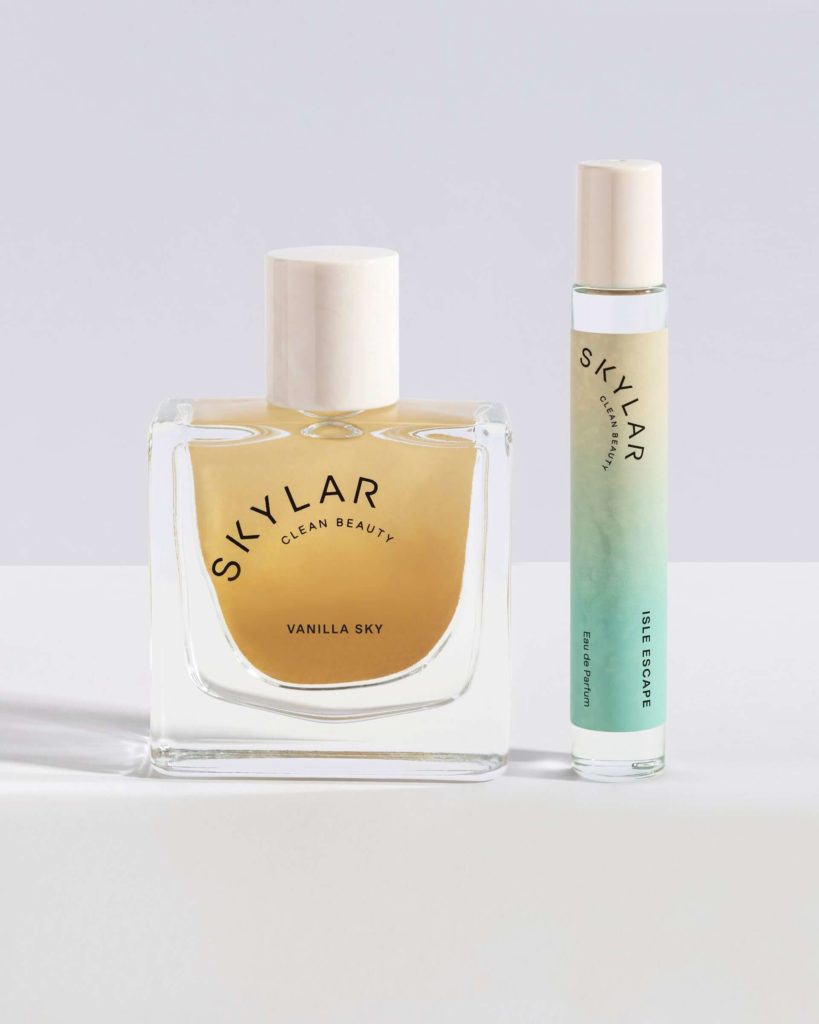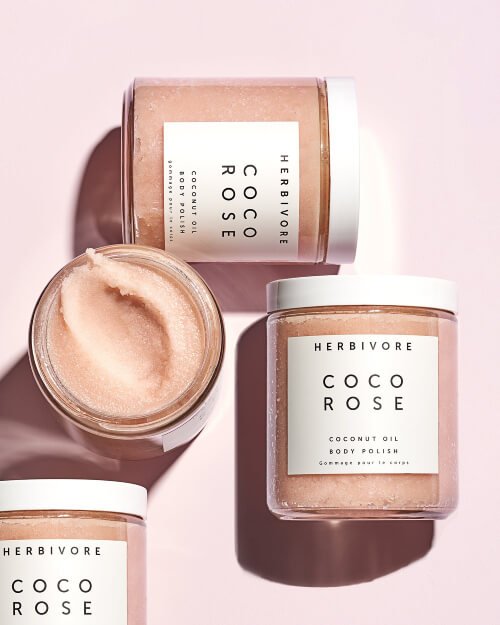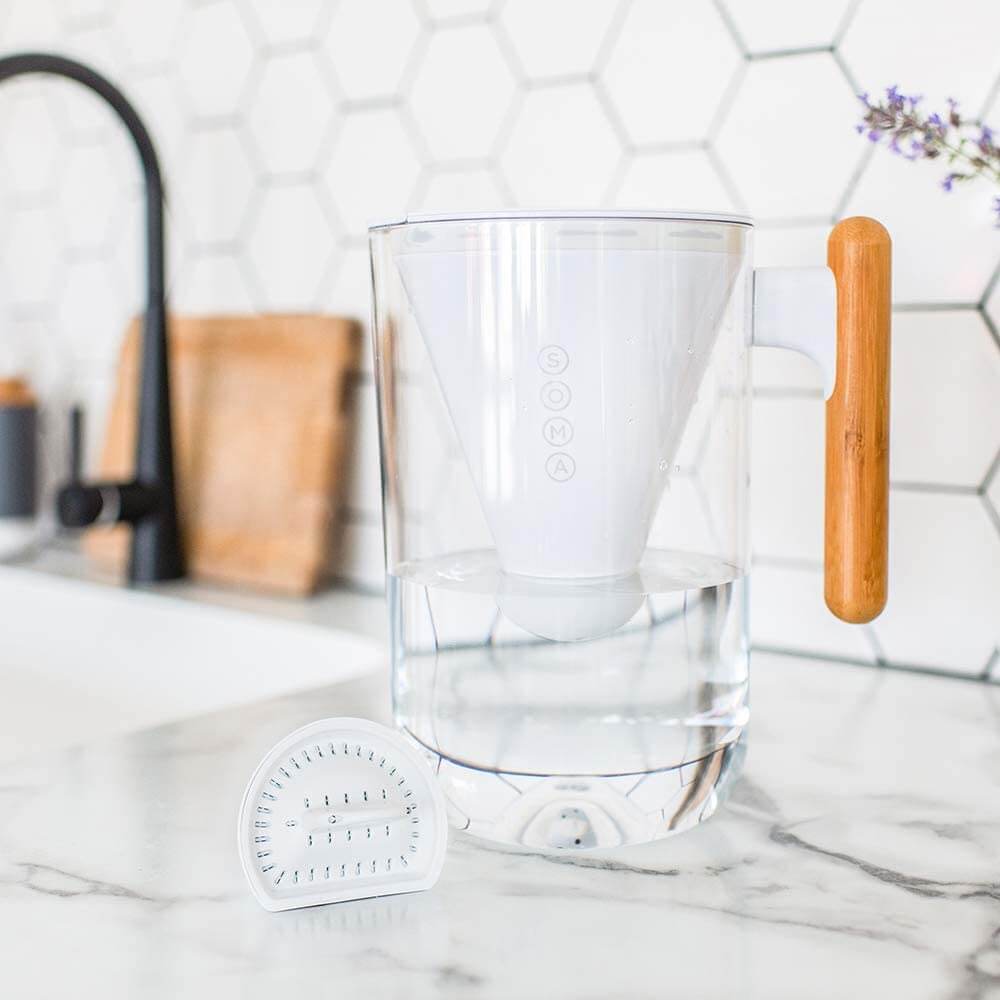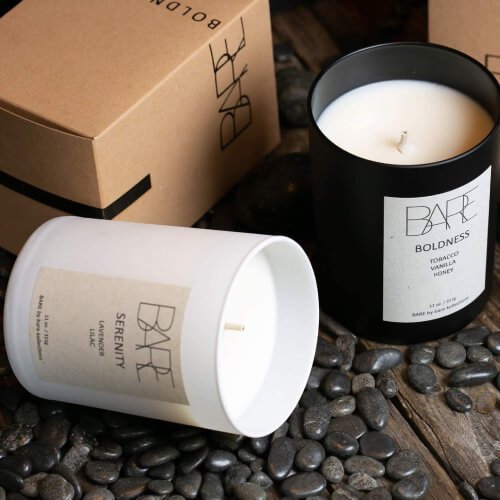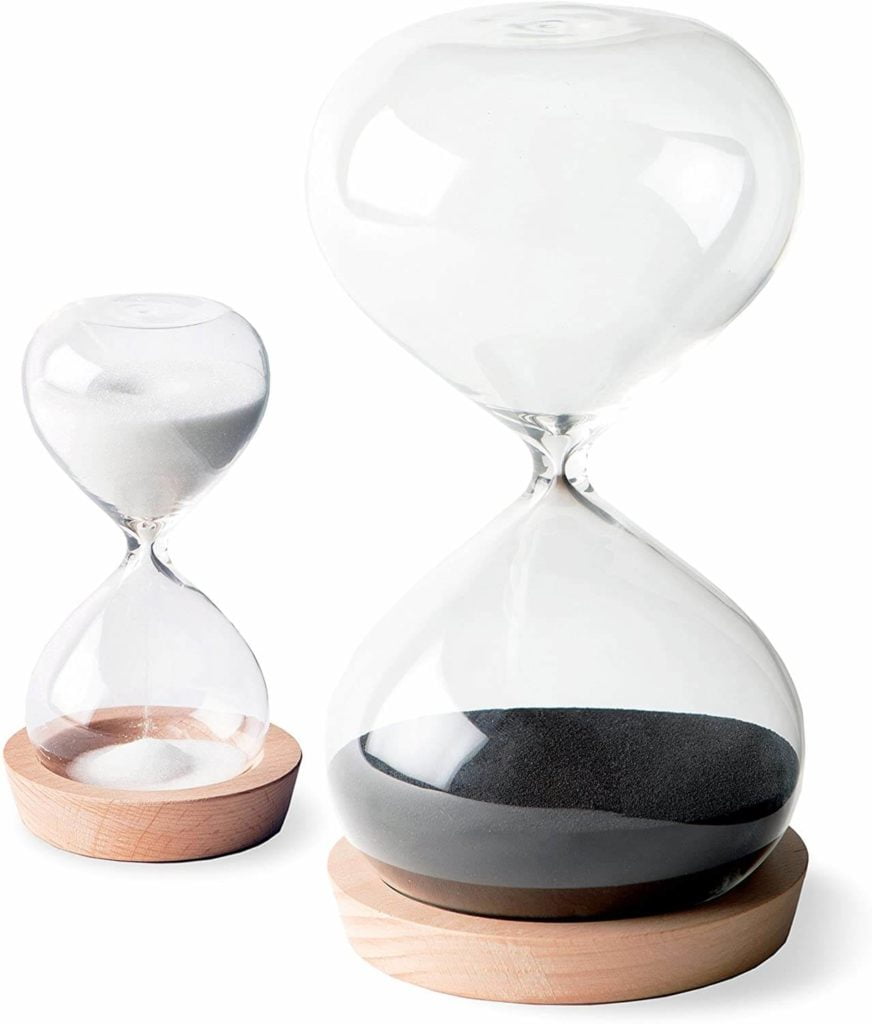While essential oils used to be a niche product, their popularity has exploded in recent years and, these days, more people swear by them than ever. If you’re not familiar with essential oils and their various benefits, it might be time to do a little more research and see if they’re something you want to incorporate into your life. While the effects of essential oils are still being studied from a therapeutic perspective, many users love them and rave about the experiences they’ve had since making various essential oils a part of their wellness routine. Before using anything directly on your skin, however, it’s important to test and see if you have an allergy. Although allergies to natural products like essential oils are rare, they can be harmful to those who have them. If you’re curious about the trend and want to learn more, read on to find out about three of the most common essential oils on the market and how they’re used.
1. Peppermint Oil
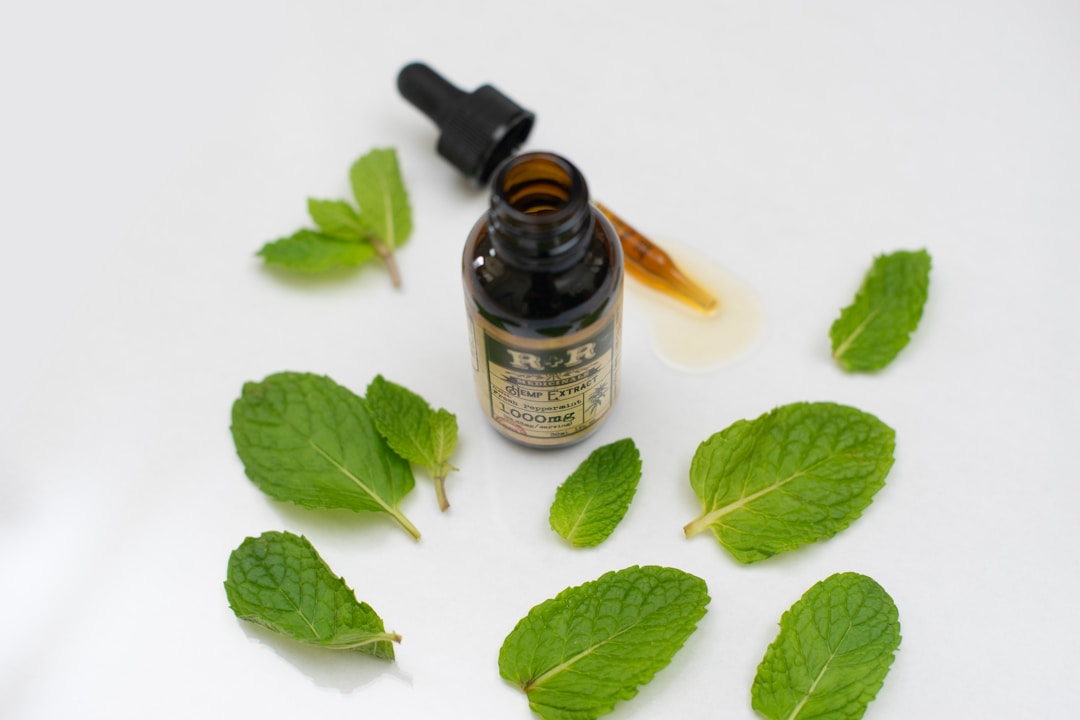
Everyone is familiar with the pleasant scent of peppermint oil, which can even make a nice addition to your holiday decor around the house. In addition to the aroma, peppermint also has several health benefits. First, many use it for its boost to athletic performance. It also relieves many uncomfortable IBS symptoms, which makes it popular with many people who have digestive or intestinal problems. If you’re in the process of making a switch to your diet, it might be worth it to see if peppermint oil is effective for you.
Transitioning to veganism, for example, can cause initial discomfort that often is simple enough to naturally soothe, and should stand in your way if you’re interested in veganism. Any issues with your digestive system are often best resolved by talking to a professional, so reach out to a nutritionist if natural remedies aren’t improving your symptoms. If you’ve always eaten a lot of animal products, it may take a lot of time to find new recipes in your cookbooks that allow you to get enough nutrients on your vegan diet. To supplement your vegan diet with enough protein, in place of the animal products you once ate, look to lentils, tofu, and legumes. These vegan options will treat your cravings for animal products.
If you’re not a fan of the smell of peppermint, but find it helps your digestion, you can also take this oil as a supplement. Supplements can be found on the shelves of your local supermarket, or at a specialized store. This is a great way to get the benefits of essential oil, without needing any equipment or to have your entire room smell a certain way.
2. Rose Oil

Much like peppermint, the scent alone is enough to make many people enjoy keeping rose oil in their homes. Rose oil is derived from the leaves of two plants in South Africa. When purchasing any essential oil, it’s important to find a manufacturer with high standards for purity, so you’re getting the full effect of the rose oil in your space.
Beyond being useful in aromatherapy, users report that the effects of rose oil include helping to repel flying insects, which can be a persistent nuisance. Many also use it with the intention of strengthening hair and nails. It can also be combined with a carrier oil to nourish dry skin. There is no best way to use rose oil, or any other essential oil, and how you use or consume it is really a matter of personal preference. If you’re using it as aromatherapy, make sure you have a high-quality oil diffuser so the scent will permeate the entire room.
3. Tea Tree Oil
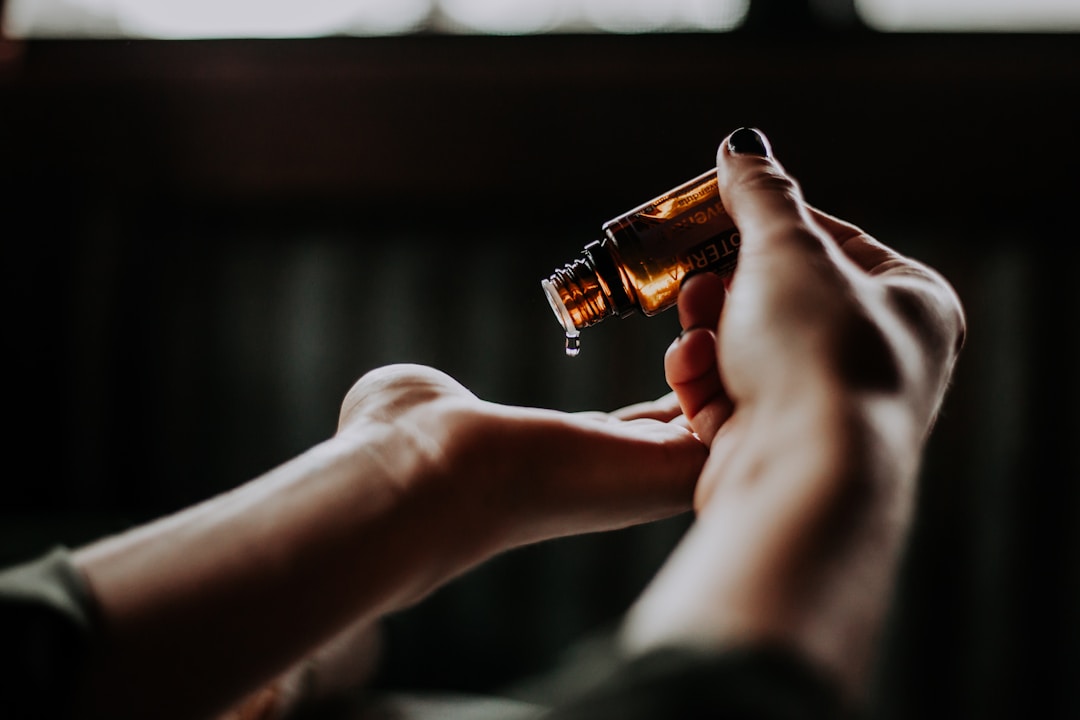
Some experts believe that tea tree oil has anti-fungal and anti-bacterial properties. It’s often used when treating open wounds, for persistent head lice, and when trying to control dandruff. Because of that, you can often find it as an ingredient in hair, skin, and beauty products. If you do use it in any product that could get in your eyes, be careful, as it can be an irritant. Some research organizations also tout its positive effects on the immune system. Tea tree oil, like rose oil and other essential oils, can be taken as a supplement. When it comes to supplements, you should always discuss the effects with your nutritionist or dietitian. Keep in mind that when using any essential oil products, you should keep them out of reach of children, so only you have access to them.
When it comes to using essential oils in your living room or incorporating them when you’re figuring out how to decorate a home office, it’s important to understand how they function and which scents are best suited to each individual room. While scents that appeal to you are often a matter of personal preference, you should always look into the applications that each has been historically used for within the field of alternative medicine too. As with anything you use in your personal space, check with a professional if you think you’re experiencing any symptoms of an allergic reaction. While rare, some people do have sensitivities that can make certain scents and oils a poor idea. As long as you research the products you use carefully and use them in a safe way, essential oils can be both enjoyable and beneficial for you and your environment.






